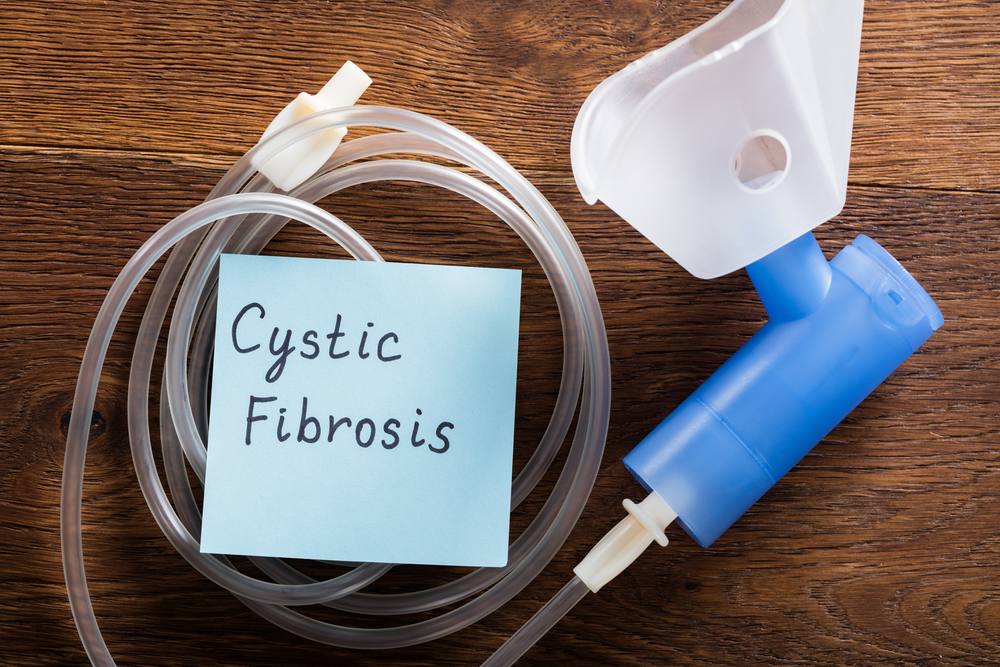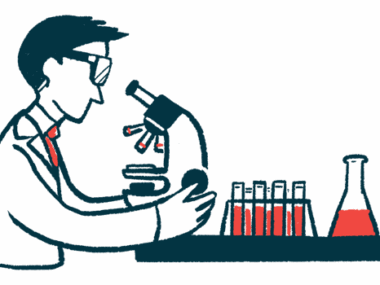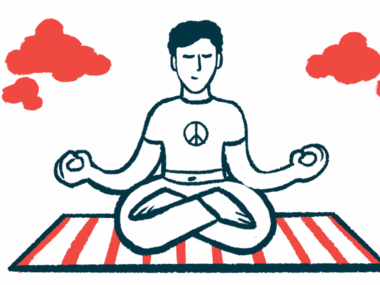Practical Tips for Improving Treatment Compliance and Efficiency
Written by |


Only 61.8 percent of cystic fibrosis patients comply with their daily respiratory medication and 41.2 percent comply with physiotherapy plans, according to a 2008 study. I’ve observed that most patients and their parents want to be perfectly compliant — they just haven’t formed good strategies for keeping accountable. Many ask for tips on support groups, and the most common answer I’ve noticed is, “Make it a habit.” That’s a fine ideal to reach for, but what about practical tips?
Below are treatment compliance and efficiency tips I’ve suggested for various age groups — however many can be applied to any age group, of course. I welcome you to comment with your own tips.
CF compliance and efficiency tips
Ages 0-2
Parents: It’s in your hands for now. Use this period to research cystic fibrosis and train with your child’s respiratory therapist. Learn the proper techniques for manual CPT (chest physical therapy, or “pats”) and how to perfectly clean nebulizers and other treatment equipment. Seriously, do you know how problematic unclean equipment is?
Ages 2-8
Tickles are a good laugh, and laughs are good treatments. Nothing made me cough more as a kid than having my parents chase me around the table while playing Tickle Monster. My parents also used to fill a clean bin with water and bubbles, then stick a straw in for me to blow through. I spent hours of my life trying to blow as many bubbles as possible. Try many sports for physiotherapy as children get older, and try not to dwell on the cost: A surfboard can be cheaper than IV meds. Find a sport they love so you won’t have to force them to do it.
Use this time to observe what motivates your child. Positive reinforcement? Gifts? Discipline? Ask your CF team’s psychologist for insight. Check out this link for more on the methods of changing health behavior.
Ages 9-12
Treatments are often television or reading time. If your child doesn’t want to mix their free time with treatments, then it’s homework time. Consider a reward system. Many children get rewards (chore money, free time, etc.) if they complete their chores. Frankly, their treatments are more important than chores, so maybe they should be rewarded for compliance instead. Stick a compliance chart on your fridge.
A cool perk of living in the digital age: video games are being developed that help CF patients with their treatments. Check out BreatheHero and Pepster.
Your child should be old enough to help you make manual CPT more effective. Ask them if you’re hitting hard enough, hitting in the right spots, or if they need a cough break. You should also adjust their vest treatments if they do that: Is the vest tight enough? Is it too short? Remember, high frequency and pressure don’t necessarily mean a more effective treatment. Follow a recommended protocol and adjust from there. The Minnesota Protocol is one of the best.
Ages 13-16
You and your child should begin transitioning to treatment independence with minimal supervision. Your teen will probably complain about nagging, as these are “rebellious” years. Boo. On the bright side, this is when they begin caring about their appearance. Sign them up for a gym membership (but sanitize any equipment they use).
Experiment with different breathing exercises and tools. Ask your respiratory therapist for recommendations and take advantage of YouTube tutorials. Autogenic drainage and Aerobika are game-changing treatments that I found around these ages.
Ages 17-beyond
You should be completely independent by now. But if you’re in a serious relationship, it doesn’t hurt to teach your significant other about treatments they can help with, such as manual CPT. Just don’t teach them that tickling makes you cough — you’ll regret it.
Now is the time to be motivated by reality. Some centers won’t let you enter drug trials or take expensive drugs like Orkambi if you don’t demonstrate full compliance. Transplant centers also won’t consider you if you have a history of noncompliance. I doubt I need to remind you what not doing treatments does for your health. These realities suck, but they are realities. Do what you do today for all those tomorrows.
Miscellaneous:
- Don’t attach reward systems to PFTs — the patient can feel like a failure if they have low lung function.
- Check X-rays to know which spots need focused CPT.
- Nebulizers have a nasty taste? Suck on powerful mints while doing them.
- Don’t be afraid to take a “break day” after a successful appointment. Our sanity matters! On the other hand, some people are fearful of breaking routine by missing a single treatment. Do what feels best for you.
- From a fellow CFer: “Whenever I’m contemplating not doing my treatments, I say, ‘I’m choosing not to do my treatment because my health is not a priority,’ to shift my focus.”
- Next time you’re in an awful situation because of declining health, burn that memory into your brain to use it as fuel for treatment motivation. Don’t get in that situation again!
***
Note: Cystic Fibrosis News Today is strictly a news and information website about the disease. It does not provide medical advice, diagnosis, or treatment. This content is not intended to be a substitute for professional medical advice, diagnosis, or treatment. Always seek the advice of your physician or other qualified health provider with any questions you may have regarding a medical condition. Never disregard professional medical advice or delay in seeking it because of something you have read on this website. The opinions expressed in this column are not those of Cystic Fibrosis News Today or its parent company, Bionews Services, and are intended to spark discussion about issues pertaining to cystic fibrosis.







Leave a comment
Fill in the required fields to post. Your email address will not be published.